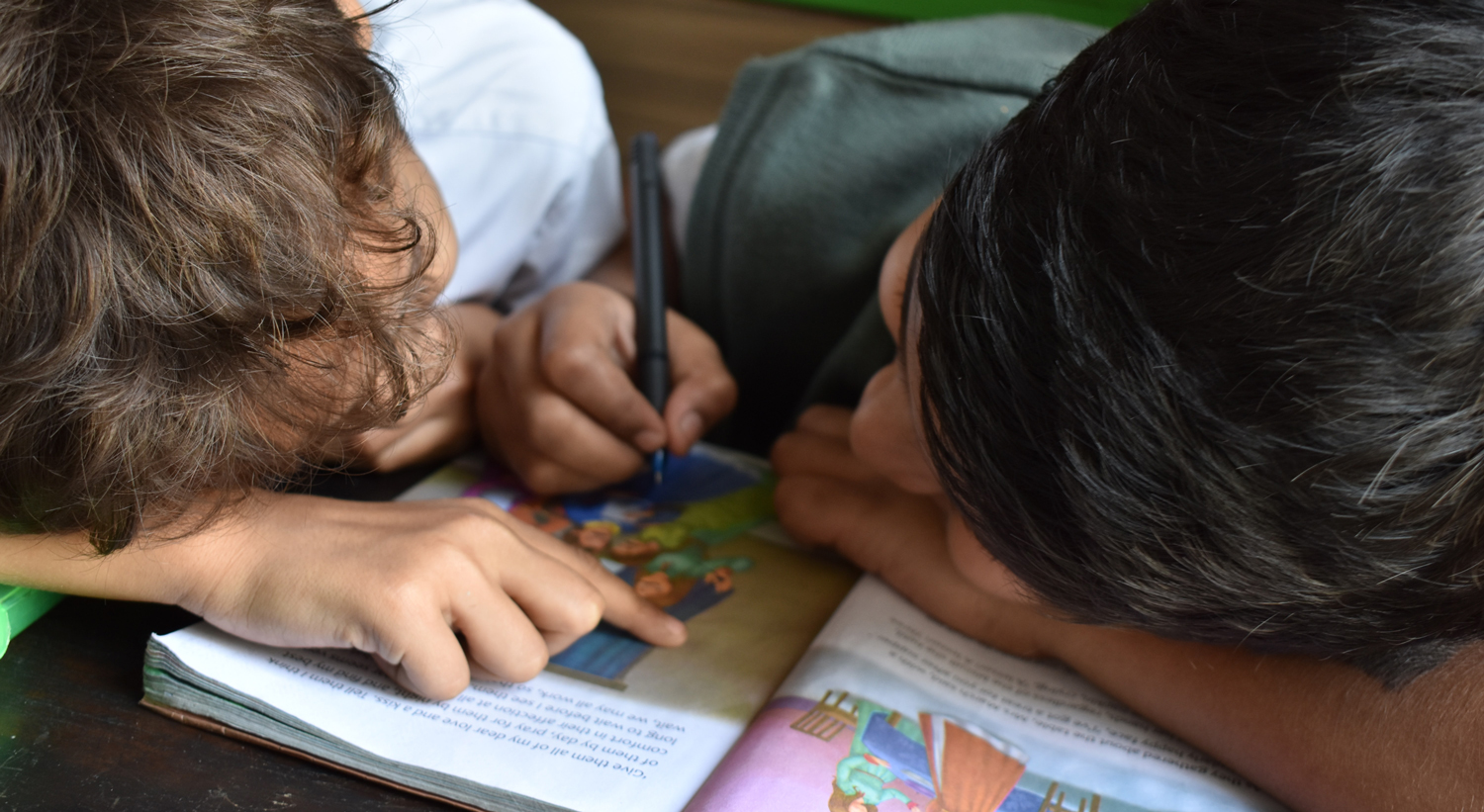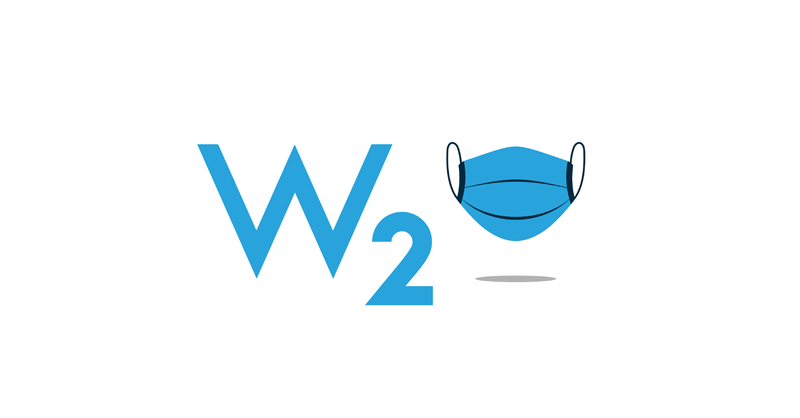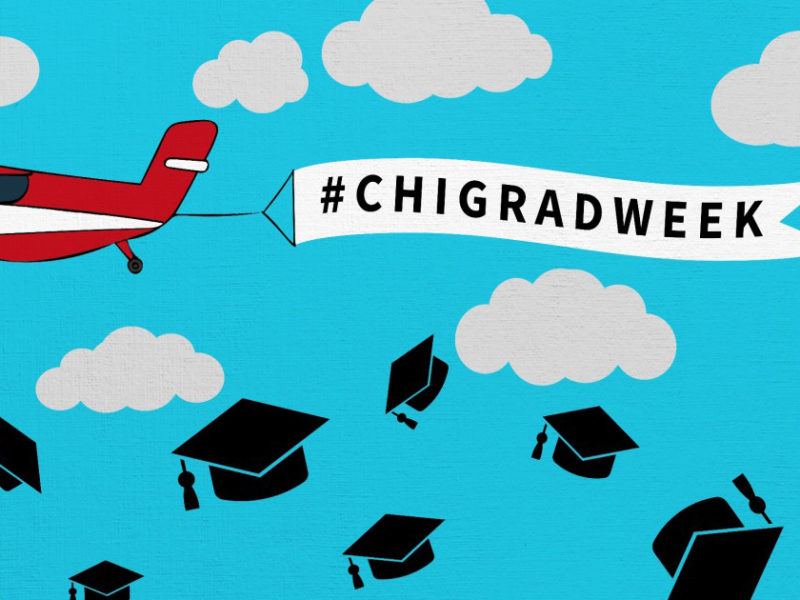
Covid-19 Poses a Major Threat to Literacy Education. Open Books Wants to Change That.
The long-term ramifications of the Covid-19 crisis are just coming into view, and at the top of concerns for education experts in Chicago is childhood literacy.
Guidelines suggest that 25 percent of children’s time in virtual schooling should be dedicated to independent reading. But without resources, physical or digital, this number is hard to achieve.
Estimates suggest that as many as 60 percent of under-resourced households don’t have a single book in the home. And, with the emphasis on e-learning, it is important to point out that one out of three families on Chicago’s South and West Sides lack broadband internet access—a crippling factor for children cut off from schools and libraries.
Getting physical books into the hands of students helps to solve these challenges. That’s what’s behind Open Books’s recent collaboration with Chicago Public School (CPS) to realign their book-granting efforts with the district’s free meals distribution program, located at many campuses in Chicago. By pairing children’s books with critical food supplies, Open Books is safely providing families with what they need to weather this pandemic and keep children reading and learning.
Wanting to understand more about the challenges posed by to literacy education by the current crisis, we sat down (so to speak) with Eric Johnson, the executive director of Open Books, about their revolutionary collaboration with Chicago Public School and why it is a crucial part of responding to the Covid-19 crisis.
Chicago Ideas (CI): How did Open Books’ collaboration with the CPS Department of Literacy come about?
Eric Johnson (EJ): We have had a relationship with Chicago Public Schools for many years, but this relationship took on greater definition when Dr. Jane Fleming became the Director of the district’s Department of Literacy. Dr. Fleming was a co-founder of Kids Like Us, a literacy organization dedicated to increasing culturally-relevant texts available to children.
The focus of Kids Like Us aligns well with how Open Books approaches our own work: the more we can provide kids with books that function as mirrors, reflecting their own experience back to them, or windows into other worlds and experiences, the more likely children will develop a love for reading. So, Dr. Fleming was an early and natural ally of ours. She even served on our Literacy Consulting Board (advisory group) several years ago. We are actively working with Dr. Fleming during this pandemic to continue addressing the learning needs of kids throughout Chicago. Open Books launched its Gift of Books initiative at the end of April to give our friends and champions yet another opportunity to support us, but most importantly, to get more books into kids’ hands.
CI: How are the books selected for students? Does it dovetail with the CPS curriculum?
EJ: Working with book publishers and distributors, the Open Books team has curated a diverse list of new books that reflect the mirrors and windows we seek to provide for children. Some of the books are available at bulk rates ($3 per book); donors can purchase others at traditional retail prices. What I like is that there are price points for everyone who wants to participate. In just a week we have sold over 2,000 titles.
Open Books’ traditional book granting program dovetails well with CPS curriculum. Prior to the pandemic, we have for years been able to collaborate with teachers and other educators to grant books that reinforce classroom content and pedagogy and empower educators with texts they can pair to their students’ interests. With social distancing in place, we have had to curb such close collaboration, though we will resume these activities as soon as it is safe for children, teachers, and our staff. We are confident we are doing everything we can, for now, through our collaboration with CPS and its meal program and the new Gift of Books program.
CI: What is Open Books’ hopes for what will be achieved by this program?
EJ: For the Gift of Books program, along with all of our literacy programs, Open Books hopes to engage children and families in reading and literacy, and particularly during this pandemic, to do our fair share to prevent learning loss. Our goals to this end remain consistent; the circumstances have simply made our task more challenging. Even now we are considering how our newly-designed initiatives could have a long life after quarantine. We have made some terrific discoveries about what Open Books can be and can do.
CI: What does the relationship between economic disparity and book ownership say about the importance of literacy programs like this?
EJ: This relationship defines why Open Books exists. The pandemic has homed in on what is “essential” – in goods and services, with which families must grapple. For many, there is no choice between food, shelter, and clothing (basic needs) and everything else, including books. Everything we do at Open Books seeks to address the gap in access to literacy that economic disparity causes and aggravates. Without Open Books, and Chicago Public Schools, the Chicago Public Library, and countless other allies we have, families and children are simply less likely to meet their full potential for literacy. And for us, there is nothing more important after basic needs.




